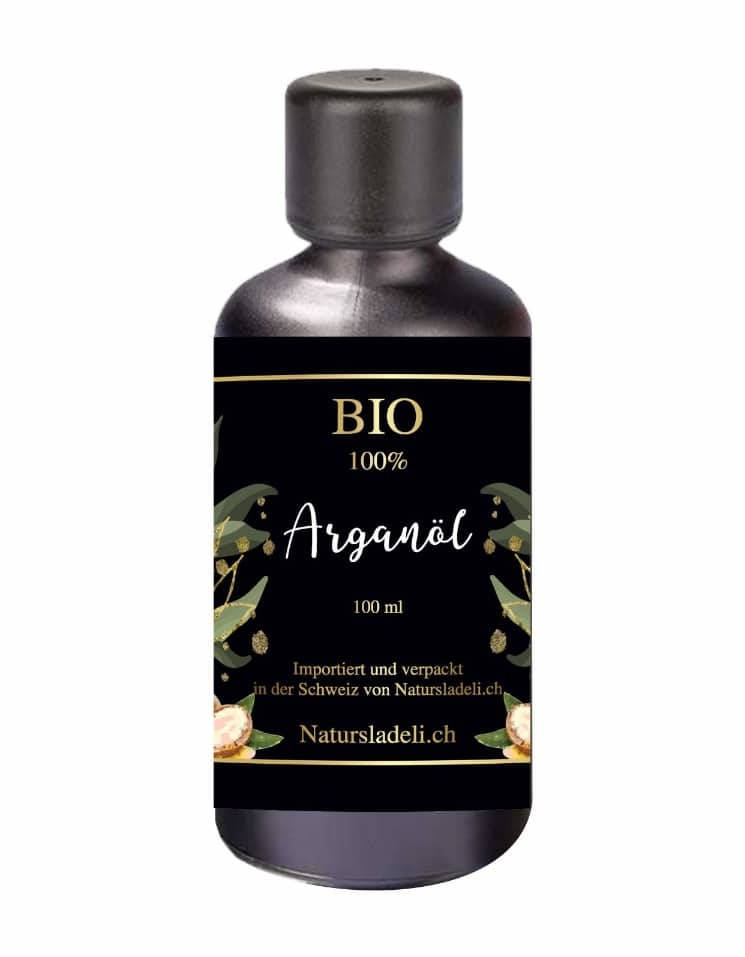Arganöl, commonly known as Argan oil, is a luxurious and highly prized oil derived from the kernels of the Argan tree (Argania spinosa), native to the arid regions of Morocco. Celebrated for its rich composition and versatile applications, Arganöl has earned the nickname “liquid gold” for its myriad beauty benefits. In this comprehensive article, we will explore the origins, extraction process, composition, and the diverse uses of Arganöl, shedding light on the beauty secret that has captured the attention of skincare enthusiasts worldwide.
1. Origins and Cultivation:
The Argan tree, endemic to southwestern Morocco, has been integral to the region’s ecosystem for centuries. Well-adapted to arid conditions, the Argan tree produces small, round fruits containing kernels. These kernels are the source of Arganöl, and the extraction process has been a traditional practice passed down through generations in Morocco. In recent years, the popularity of Arganöl has soared globally, leading to sustainable cultivation practices to meet the rising demand.
2. Extraction Process:
The extraction of Arganöl is a meticulous and labor-intensive process. It involves several steps:
- Harvesting: The Argan tree produces small fruits that resemble olives. After the fruits ripen and fall from the tree, they are collected by hand.
- Cracking: The outer shell of the fruit is cracked open to reveal the inner kernels. This step requires precision to avoid damaging the kernels.
- Grinding: The kernels are then ground into a paste using traditional grinding methods. This paste is further processed to release the oil.
- Pressing: The oil is extracted through a pressing process, either manually or using modern mechanical presses. This yields the precious Arganöl.
3. Composition of Arganöl:
Arganöl is celebrated for its rich and diverse composition, which includes:
- Fatty Acids: It contains essential fatty acids, including oleic acid (omega-9) and linoleic acid (omega-6), contributing to its moisturizing and nourishing properties.
- Tocopherols: Arganöl is rich in vitamin E, particularly tocopherols, which act as potent antioxidants, protecting the skin from free radicals and environmental damage.
- Polyphenols: These antioxidants have anti-inflammatory properties, contributing to the oil’s soothing effects on the skin.
- Squalene: Arganöl contains squalene, a natural emollient that helps improve skin texture and suppleness.
- Phytosterols: These plant-derived compounds contribute to the oil’s anti-aging effects and support skin barrier function.
4. Skincare Benefits:
- Hydration and Moisturization: Arganöl is a potent moisturizer that penetrates the skin deeply, providing long-lasting hydration without feeling greasy.
- Anti-Aging Properties: The antioxidants in Arganöl help combat free radicals, potentially reducing the appearance of fine lines and wrinkles.
- Skin Soothing: Its anti-inflammatory properties make Arganöl suitable for soothing irritated skin conditions, such as eczema and psoriasis.
- Acne Control: Despite being an oil, Arganöl is non-comedogenic and can help regulate sebum production, making it suitable for individuals prone to acne.
5. Haircare Benefits:
- Conditioning: Arganöl is a popular ingredient in hair care products for its ability to condition and soften hair, leaving it smooth and manageable.
- Split End Repair: Regular use of Arganöl can help repair and prevent split ends, promoting overall hair health.
- Frizz Control: The oil’s lightweight nature helps control frizz and adds shine to the hair without leaving a heavy residue.
6. Culinary Uses:
In addition to its cosmetic applications, Arganöl is also used in culinary preparations in Morocco. Culinary Arganöl has a nutty flavor and is drizzled over dishes like couscous, salads, and grilled meats. It is rich in antioxidants and unsaturated fatty acids, offering potential health benefits.
7. Sustainability and Ethical Considerations:
The increasing global demand for Arganöl has led to initiatives promoting sustainable and fair trade practices in its production. These efforts aim to ensure the well-being of local communities, protect the Argan tree ecosystem, and support responsible harvesting practices.
Conclusion:
Arganöl, the liquid gold of Morocco, is a testament to the beauty and efficacy of natural skincare. From its traditional extraction methods in the arid landscapes of Morocco to its global acclaim in the beauty industry, Arganöl continues to enchant individuals seeking a holistic approach to skincare and haircare. As we embrace the nourishing benefits of this golden elixir, we celebrate the intersection of tradition, sustainability, and natural beauty that Arganöl represents.



